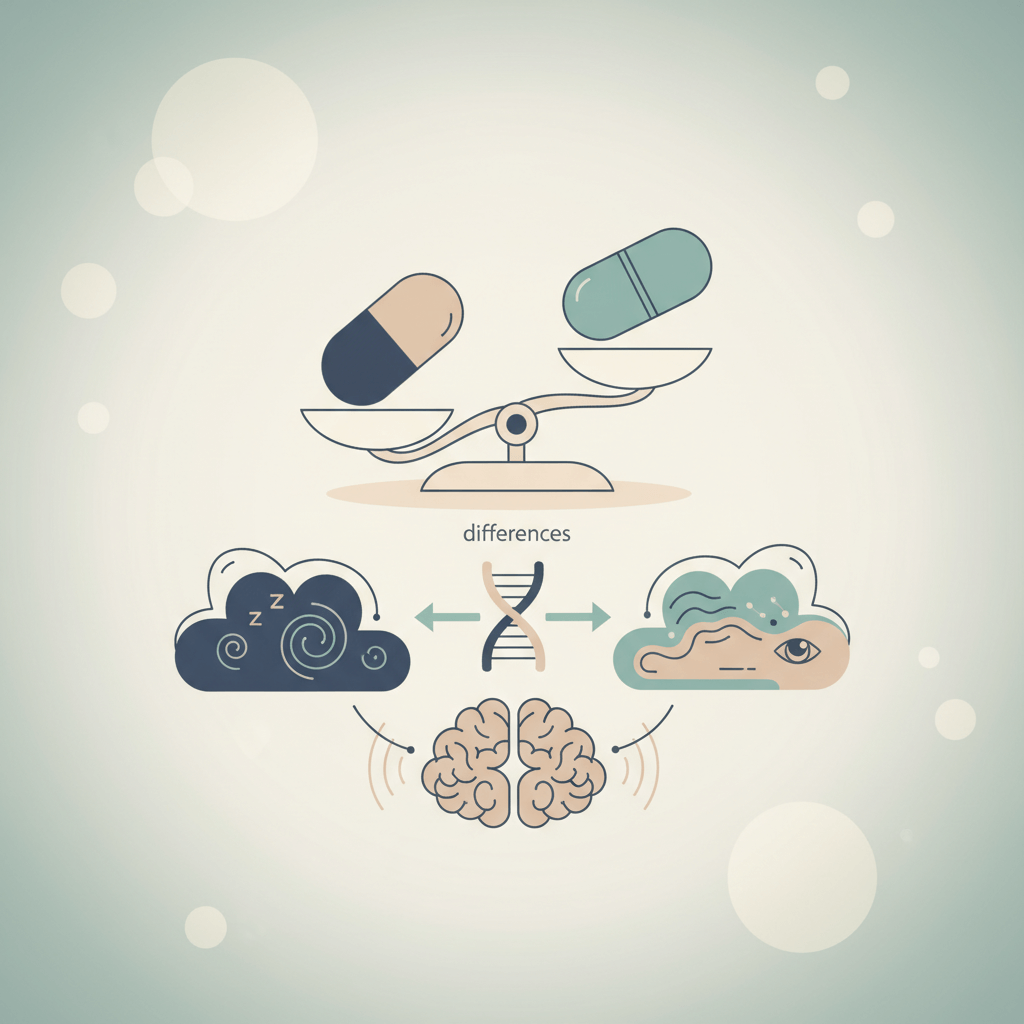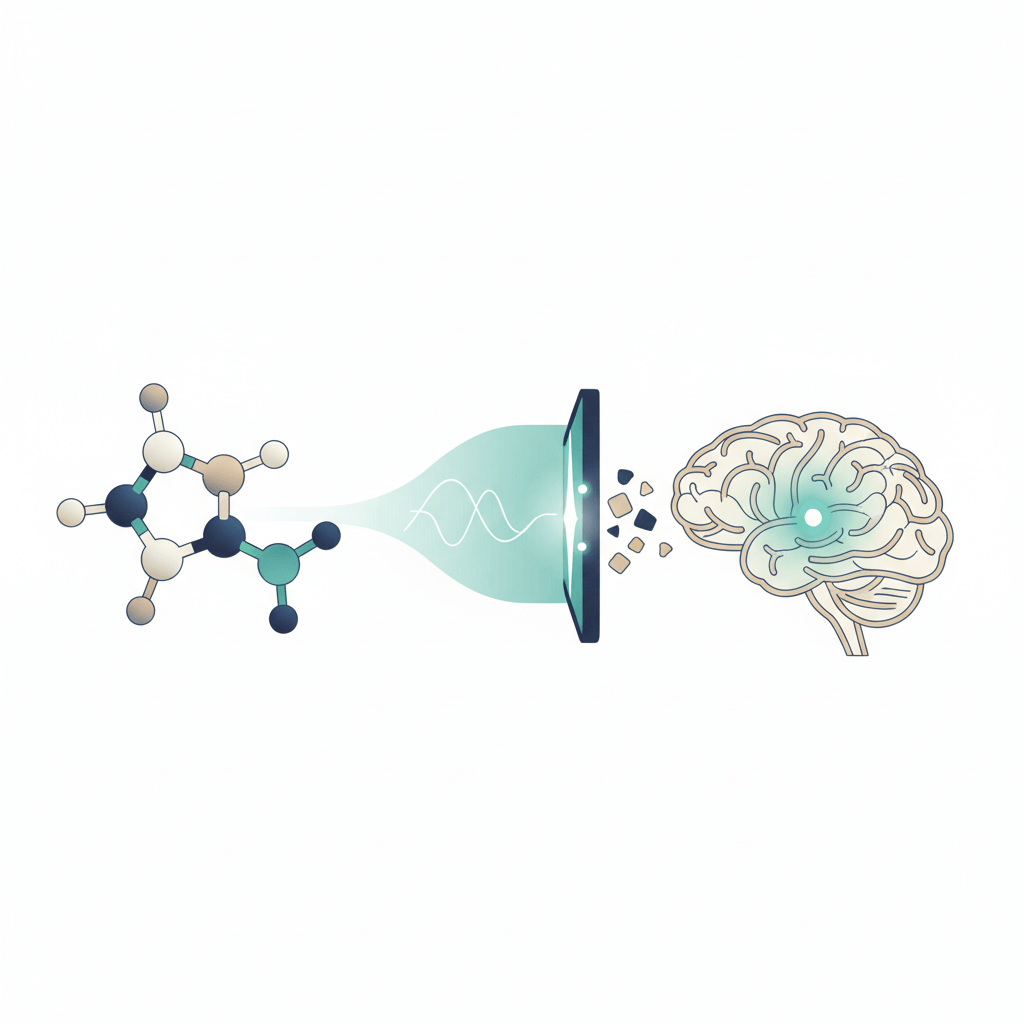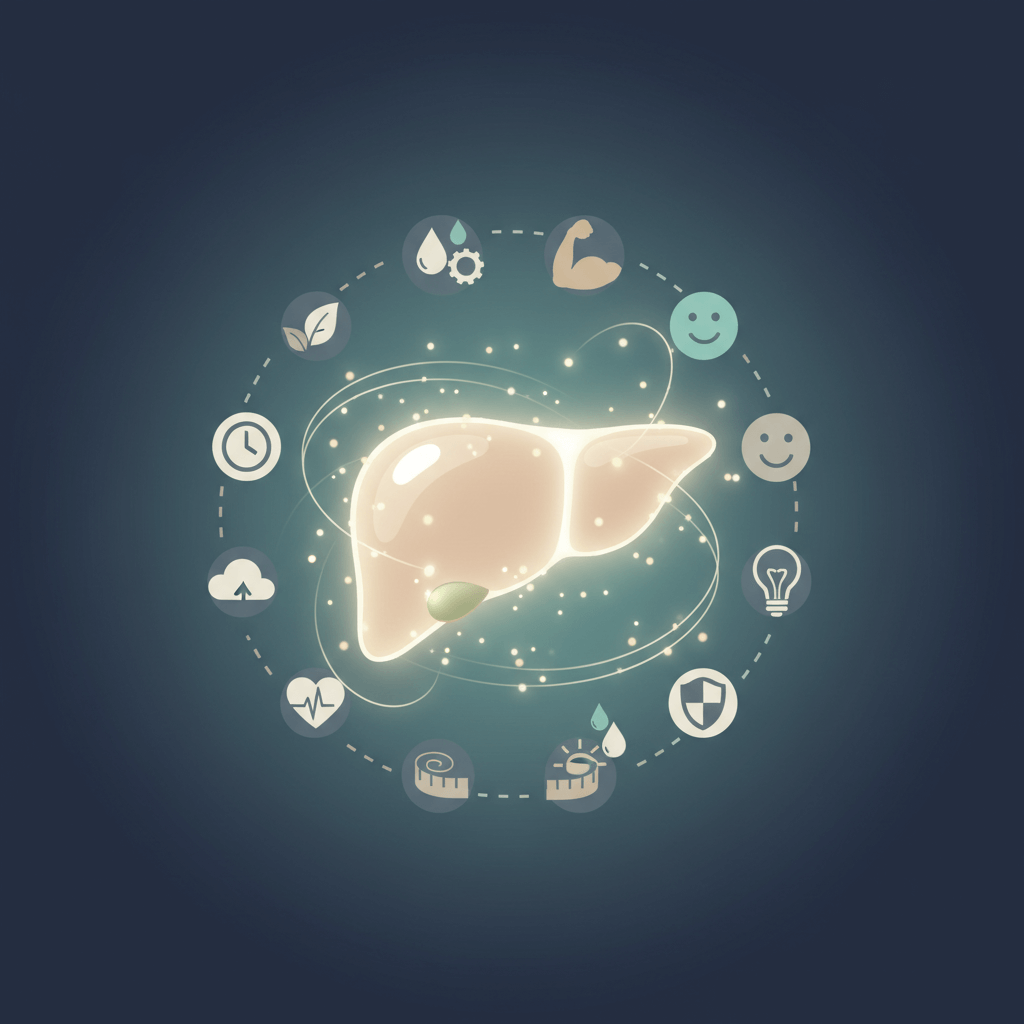Impact of Substance Abuse on Relationships
When substance abuse becomes a part of someone's life, it not only affects the individual but also has a profound impact on their relationships. The negative consequences of substance abuse can erode trust, alter family dynamics, lead to social isolation, create emotional volatility and conflict, as well as cause financial strain within relationships.

Erosion of Trust and Communication
Substance abuse can lead to the erosion of trust in relationships, making it challenging to maintain open and honest communication. The actions and behaviors associated with addiction can create a deep chasm in the relationship, leading to misunderstandings and resentment among loved ones. Rebuilding trust requires time, effort, and consistent sobriety. It is essential to establish clear and transparent communication channels to rebuild the foundation of trust.
Altered Family Dynamics
Substance abuse can significantly alter family dynamics. Roles within the family may shift as other members compensate for the instability caused by addiction. Children may take on more responsibilities or parental roles, disrupting their normal development and leading to long-term emotional and psychological effects. The challenges presented by addiction can strain familial bonds and require a collective effort to restore harmony and support within the family unit.
Social Isolation and Detachment
Addiction can result in social isolation for both the individual struggling with substance abuse and their loved ones. The stigma and shame associated with addiction can lead to withdrawal from social circles, creating a sense of detachment and loneliness. Rebuilding social connections and fostering a supportive community are essential aspects of the recovery process.
Emotional Volatility and Conflict
Substance abuse can lead to heightened emotional volatility in relationships. Mood swings, irritability, and unpredictable behavior are common manifestations of addiction. These emotional fluctuations can result in increased conflict and tension within relationships, making it challenging to have calm, constructive conversations. Developing healthy coping mechanisms and effective communication skills are vital for managing emotional volatility and resolving conflicts [1].
Financial Strain in Relationships
Substance abuse can have a significant financial impact on relationships. The cost of substances, potential legal issues, and loss of productivity at work can lead to financial strain. This strain can cause conflicts and stress within the family as financial responsibilities become challenging to meet. Addressing financial concerns and seeking support, such as financial counseling or assistance programs, can help alleviate this strain and rebuild stability in relationships [1].
Understanding the impact of substance abuse on relationships is crucial for both individuals in recovery and their loved ones. With awareness, education, and professional support, it is possible to navigate these challenges and work towards healing and rebuilding strong, healthy relationships.
Importance of Relationships in Recovery
Recovery from substance abuse is not solely about achieving and maintaining sobriety; it is a process of change that involves improving overall health and wellness [2]. Relationships play a crucial role in this journey, as they can either support or hinder an individual's recovery efforts. In this section, we will explore the importance of relationships in the recovery process, including exploring unhealthy and healthy relationships, minimizing toxic relationships, establishing healthy interpersonal boundaries, and nurturing relationships with oneself and a higher power.
Recovery as a Process of Change
Recovery goes beyond abstaining from substance use; it encompasses personal growth, healing, and transforming various aspects of one's life. It is a journey that requires support and connection with others. Building and maintaining healthy relationships provide individuals in recovery with the necessary support system to navigate challenges, cope with triggers, and sustain long-term sobriety.
Exploring Unhealthy and Healthy Relationships
Effective treatment programs recognize the significance of exploring both unhealthy and healthy aspects of relationships in the recovery process. By examining how substance use impacts relationships and vice versa, individuals can gain insight into patterns, triggers, and areas that need improvement. Engaging affected family members in the treatment process can facilitate healing for the entire family unit.
Minimizing Toxic Relationships
Toxic relationships can be detrimental to recovery, often leading to drama, chaos, and even relapse. It is crucial for individuals in recovery to choose relationships wisely and avoid toxic traits. Surrounding oneself with positive influences and supportive individuals is essential for maintaining a sober lifestyle [3].
Healthy Interpersonal Boundaries
Establishing healthy interpersonal boundaries is vital in recovery. Boundaries define the limits and expectations within relationships, promoting a sense of safety, respect, and self-care. Learning to set and enforce boundaries helps individuals protect their recovery, prioritize their well-being, and foster healthy relationships.
Relationships with Oneself and Higher Power
In the recovery journey, developing a healthy relationship with oneself is fundamental. It involves self-reflection, self-acceptance, and self-love. Healing and transforming one's self-perception positively impact how individuals interact with others and navigate relationships.
Cultivating a relationship with a Higher Power is also a personal journey for many individuals in recovery. This often involves practices such as prayer, meditation, and engaging in 12-Step work. Spirituality and a connection with a Higher Power are considered essential components of the recovery process [3].
Recognizing the importance of relationships in recovery and actively nurturing healthy connections can greatly support an individual's journey towards lasting sobriety and overall well-being. Effective communication, setting boundaries, and surrounding oneself with positive influences all contribute to building a strong foundation for successful recovery.
Building Healthy Relationships in Recovery
Establishing and nurturing healthy relationships is crucial for individuals in recovery. These relationships play a significant role in supporting personal growth, fostering wellness, and helping navigate the challenges that arise during the recovery journey. Building healthy relationships involves various key aspects, including:
Establishing Trust and Respect
Trust and respect form the foundation of healthy relationships. In recovery, it's essential to cultivate trust and respect both within oneself and with others. Trust is built through open and honest communication, consistency, and follow-through on commitments. Respect involves valuing each other's boundaries, opinions, and individual journeys.
Avoiding Toxic Traits
Toxic relationships can have a detrimental impact on recovery. They can lead to drama, chaos, and potentially trigger a relapse. It is crucial to choose relationships wisely and avoid toxic traits such as manipulation, control, and enabling behaviors. Surrounding oneself with people who support sobriety and foster a positive environment is vital for maintaining a healthy lifestyle.
Developing Self-Love
Recovery involves more than just abstaining from substance use; it is a transformative journey of self-discovery and healing. Developing self-love is fundamental in this process. It requires self-acceptance, self-care, and nurturing a positive self-image. By practicing self-love, individuals can establish a strong sense of self-worth and build healthier relationships with others.
Cultivating a Relationship with a Higher Power
Spirituality plays a significant role in many recovery journeys. Cultivating a relationship with a Higher Power, whether through prayer, meditation, or engaging in 12-Step work, is a personal journey. It provides individuals with a source of strength, guidance, and support. This relationship can contribute to a sense of purpose and help individuals navigate the challenges they encounter in recovery.
Effective Communication Skills
Learning effective communication skills is a vital aspect of substance use treatment and recovery. Treatment programs often include group sessions to teach individuals new ways to express themselves and listen actively. Effective communication allows individuals to share their emotions, thoughts, and needs with family members, spouses, and close friends. It creates opportunities for personal growth, understanding, and support.
By focusing on these aspects, individuals in recovery can build and maintain healthy relationships that contribute to their overall well-being. These relationships serve as a support system, providing encouragement, accountability, and connections with others who understand the challenges of recovery. Incorporating these principles into daily life can enhance the recovery journey and contribute to long-term sobriety.
Challenges in Addiction Recovery
Recovery from addiction is a complex journey that comes with its own set of challenges. Overcoming these challenges is crucial for maintaining long-term sobriety and building a healthy, fulfilling life. In this section, we will explore some of the common challenges faced in addiction recovery and strategies to address them.
Relapse Prevention
Relapse prevention is a significant challenge in addiction recovery. Cravings, stress, anxiety, and old acquaintances can pose threats to sobriety. It is essential for individuals to develop strategies to manage these triggers and maintain their commitment to sobriety. Rehab programs play a vital role in helping individuals establish life skills, modify unhealthy behaviors, and create a peer support system to maintain sobriety. In case of a relapse, the support system of peers and mentors can be instrumental in getting individuals back on track.
Developing Coping Strategies
Developing new coping strategies is a key aspect of addiction recovery. It involves establishing a new lifestyle that supports sobriety and prevents relapse. This process includes learning to manage stress, anxiety, and cravings by identifying harmful behaviors and modifying them with the help of counselors and therapists in rehab. Through therapy and counseling, individuals can develop healthy coping mechanisms that promote emotional well-being and resilience.
Addressing Trauma and Shame
Addressing trauma and shame without relying on drugs or alcohol can be a significant challenge in recovery. Many individuals turn to substances as a coping mechanism for past traumas or to numb feelings of shame. Overcoming these underlying issues requires effort, time, and bravery to confront and process the trauma and shame. Working with counselors and therapists in rehab provides opportunities for personal growth and healing in this area. Through therapy, individuals can develop healthy strategies to address trauma and shame, paving the way for a healthier, more fulfilling life.
Finding Purpose Post-Rehab
Finding purpose post-rehab can be challenging, as individuals may struggle to adapt to a life without substance abuse. It is essential to explore new hobbies, interests, and activities that bring joy and fulfillment. Engaging in activities such as yoga, art, music, and meditation during and after rehab can help individuals discover new passions and social connections. These new interests and connections can aid in the recovery journey by providing a sense of purpose and meaning.
Setting Healthy Boundaries
Setting boundaries is crucial for promoting and ensuring recovery, especially in the early stages of the recovery process. Establishing boundaries helps individuals protect their physical and emotional well-being, maintain healthy relationships, and avoid situations that may jeopardize their sobriety. Without setting boundaries, individuals may feel overwhelmed, chaotic, and at risk of getting hurt. Learning to set and enforce healthy boundaries is an essential skill that individuals can develop through therapy, support groups, and self-reflection.
By acknowledging and addressing these challenges head-on, individuals in addiction recovery can increase their chances of long-term sobriety and create a solid foundation for a healthier, more fulfilling life. It is important to seek support from professionals, peers, and loved ones during this journey to navigate these challenges effectively.
Rebuilding Relationships Post-Addiction
Recovery from addiction not only involves personal growth but also the opportunity to repair and rebuild relationships that may have been strained or damaged during the addiction period. Rebuilding relationships post-addiction requires dedication, effective communication, and support. In this section, we will explore some crucial aspects of rebuilding relationships in the context of addiction recovery.
Effective Communication in Recovery
Effective communication is a cornerstone of rebuilding relationships damaged by addiction. Addiction can hinder communication by making individuals defensive, closed off, or dishonest, leading to misunderstandings and harm in the relationship. Learning how to communicate more effectively in recovery is an integral part of substance use treatment. Treatment programs often include group sessions to teach individuals new ways to express themselves.
By developing effective communication skills, individuals in recovery can express their needs, emotions, and expectations in a healthy and constructive manner. This allows for open dialogue, understanding, and the rebuilding of trust within relationships. Effective communication fosters empathy, active listening, and the ability to validate the experiences of others. It provides opportunities for personal growth and support.
Enhancing Communication Skills
Enhancing communication skills involves actively working on improving one's ability to express thoughts and emotions clearly and respectfully. It also includes actively listening to others, being empathetic, and being open to feedback and constructive criticism. By enhancing communication skills, individuals can create a safe and supportive environment for rebuilding relationships.
Family Therapy
Family therapy is an effective tool for rebuilding relationships damaged by addiction. It offers a structured and supportive space for family members to address the challenges and tensions caused by addiction within the family unit. Family therapy helps mend broken bonds, improve communication, and develop healthier coping mechanisms for all family members.
Support Systems
Having a strong support system is vital in the process of rebuilding relationships post-addiction. Support can come from various sources, such as family, friends, support groups, or addiction recovery programs. These support systems provide encouragement, guidance, and a sense of accountability during the recovery journey. They can help individuals navigate challenges, maintain sobriety, and rebuild relationships by providing a network of understanding and non-judgmental individuals.
Comprehensive Care Options
Rebuilding relationships post-addiction requires time, effort, and comprehensive care options. Comprehensive care options, such as those offered at Thrive Group Treatment Centers, provide individuals with the tools and resources to create fulfilling, substance-free lives. These programs focus on rebuilding relationships, addressing underlying issues, and fostering personal growth. With a holistic approach, individuals in recovery can rebuild relationships while developing the necessary skills to maintain long-term sobriety.
By prioritizing effective communication, enhancing communication skills, engaging in family therapy, accessing support systems, and utilizing comprehensive care options, individuals in recovery can rebuild relationships and create a healthier and more fulfilling life post-addiction.
The Role of Boundaries in Recovery
Boundaries play a crucial role in the recovery process, helping individuals navigate their relationships in a healthier and more fulfilling way. Boundaries can be categorized into two types: external boundaries that separate individuals from others, and internal boundaries that regulate the relationship one has with oneself. These boundaries aid in effective time management, self-regulation, appropriate behavior, and impulse control.
Types of Boundaries
To improve relationships with others, individuals should be familiar with five different types of external boundaries:
- Physical boundaries: These boundaries involve personal space and safety, ensuring that individuals feel comfortable and secure in their interactions with others.
- Mental boundaries: Mental boundaries allow individuals to have control over their thoughts and the information they choose to intake, respecting their own mental well-being.
- Material boundaries: Material boundaries involve having control over possessions, ensuring that individuals maintain a healthy relationship with their belongings.
- Emotional boundaries: Emotional boundaries involve taking responsibility for one's own feelings and detaching from toxic relationships that may negatively impact emotional well-being.
- Spiritual boundaries: Spiritual boundaries are focused on protecting one's spiritual health and beliefs, allowing individuals to maintain a sense of connectedness to their spirituality.
By understanding and implementing these external boundaries, individuals can foster healthier and more balanced relationships with others.
Setting Internal Boundaries
In addition to external boundaries, setting internal boundaries with oneself is crucial during the recovery process. Internal boundaries help individuals rebuild self-confidence and self-love. It starts with making commitments to oneself, such as staying sober one day at a time, and gradually extends to other aspects of life, including diet, exercise, finances, and daily routines. By establishing internal boundaries, individuals gain a sense of control over their lives and develop a stronger sense of self [8].
Respecting Oneself and Others
Boundaries, both external and internal, are a sign of respect for oneself and others. They serve as guidelines for appropriate behavior and help individuals navigate their relationships in a healthy manner. While it may take time and practice to establish and apply boundaries, they ultimately guide behavior, steer relationships in a positive direction, and offer a sense of freedom. By setting and respecting boundaries, individuals can protect their physical and emotional well-being, enabling them to reach their highest potential.
Establishing and Applying Boundaries
Learning to set healthy boundaries is a process that involves self-discovery, understanding where boundaries may be lacking, learning to communicate effectively, and recognizing the importance of self-care. It requires individuals to identify areas in their lives where boundaries are needed and develop the skills to express their boundaries to others. By establishing and applying boundaries, individuals create a healthier environment for themselves and foster more fulfilling relationships with others.
Guiding Behavior and Relationships
Boundaries serve as a guide for behavior and relationships. They help individuals determine what is acceptable and what is not, both in their interactions with others and in their own self-care. By having clear boundaries, individuals can navigate their recovery journey with confidence, ensuring that their needs and well-being are respected. Boundaries provide a framework for healthy and balanced relationships, allowing individuals to establish mutual respect and foster positive connections with others.
In the next sections, we will explore the practical aspects of building and maintaining healthy relationships in recovery, including establishing trust and respect, avoiding toxic traits, developing self-love, cultivating a relationship with a higher power, and enhancing communication skills.
References
- [1]: https://hopeharborwellness.com
- [2]: https://harmonyfoundationinc.com
- [3]: https://www.ashleytreatment.org
- [4]: https://extramilerecovery.com
- [5]: https://screening.mhanational.org
- [6]: https://livingnowrecovery.com
- [7]: https://www.ashleytreatment.org
- [8]: https://www.ashleytreatment.org/rehab-blog













